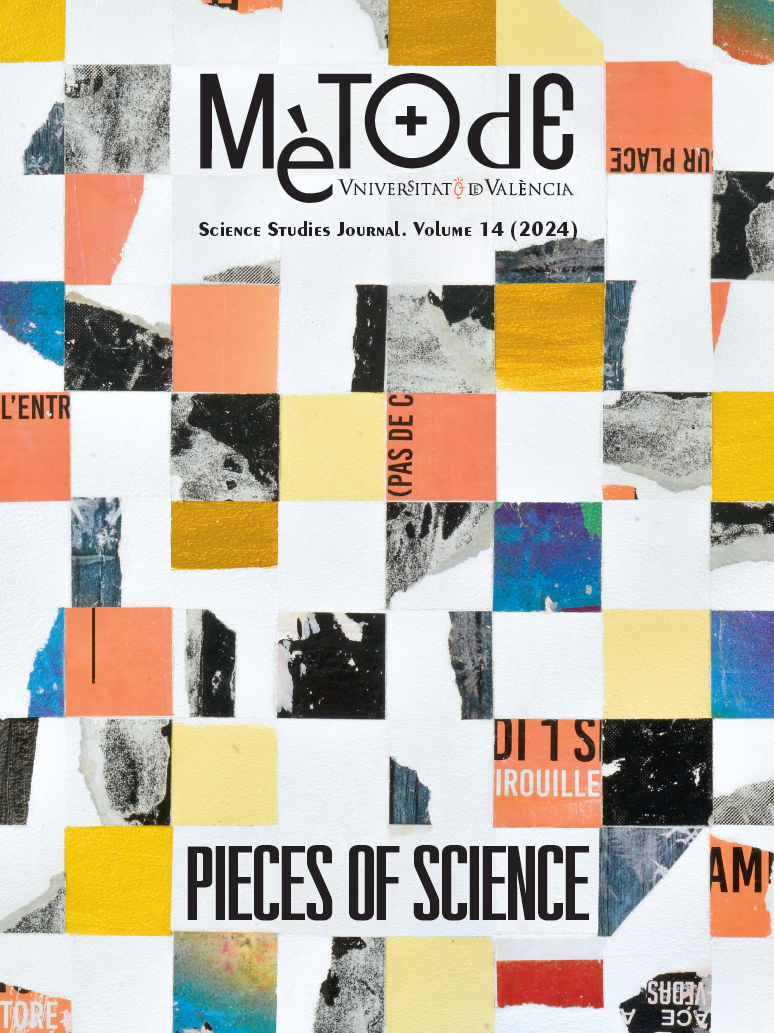Introduction: #Storytelling. Science through stories
DOI:
https://doi.org/10.7203/metode.14.28045 Abstract
Abstract
The term «storytelling» is now commonplace in journalism: many say that this is what reporting is all about. It is now taken for granted that a piece of news is a narrative text, a story. But the truth is that very few of them are. We live under the rule of a synecdoche (López-Pan, 1997).
It is also common among science communicators to see storytelling as the essence of their work. But again, this narrative model is often referred to imprecisely, which often prevents us from using this resource effectively. A study of scientific video storytelling on the internet found the surprising result that only 5 % of the videos analysed used some form of narrative structure (Davis & León, 2018).
 Downloads
Downloads
 References
References
Dahlstrom, M. F. (2014). Using narratives and storytelling to communicate science with non-expert audiences. Proceedings of the National Academy of Sciences of the USA, 111(Suppl. 4), 13614–13620. https://doi.org/10.1073/pnas.1320645111
Davis, L. S., & León, B. (2018). New and old narratives: Changing narratives of science documentary in the digital environment. In B. León & M. Bourke, Communicating science and technology through online video: Researching a new media phenomenon (pp. 55–63). Routledge. https://doi.org/10.4324/9781351054584-5
León, B. (2024). Grandes comunicadores de la ciencia. De Galileo Galilei a Rodríguez de la Fuente (submitted for publication).
López-Pan, F. (1997). Consideraciones sobre la narratividad de la noticia. El imperio de una sinécdoque. Communication & Society, 10(1), 9-60. https://doi.org/10.15581/003.10.35636
Downloads
Published
How to Cite
-
Abstract363
-
PDF192
Issue
Section
License
Copyright (c) 2023 CC BY-NC-ND 4.0

This work is licensed under a Creative Commons Attribution-NonCommercial-NoDerivatives 4.0 International License.
![]()
All the documents in the OJS platform are open access and property of their respective authors.
Authors publishing in the journal agree to the following terms:
- Authors keep the rights and guarantee Metode Science Studies Journal the right to be the first publication of the document, licensed under a Creative Commons Attribution-NonCommercial-NoDerivatives 4.0 International License that allows others to share the work with an acknowledgement of authorship and publication in the journal.
- Authors are allowed and encouraged to spread their work through electronic means using personal or institutional websites (institutional open archives, personal websites or professional and academic networks profiles) once the text has been published.





